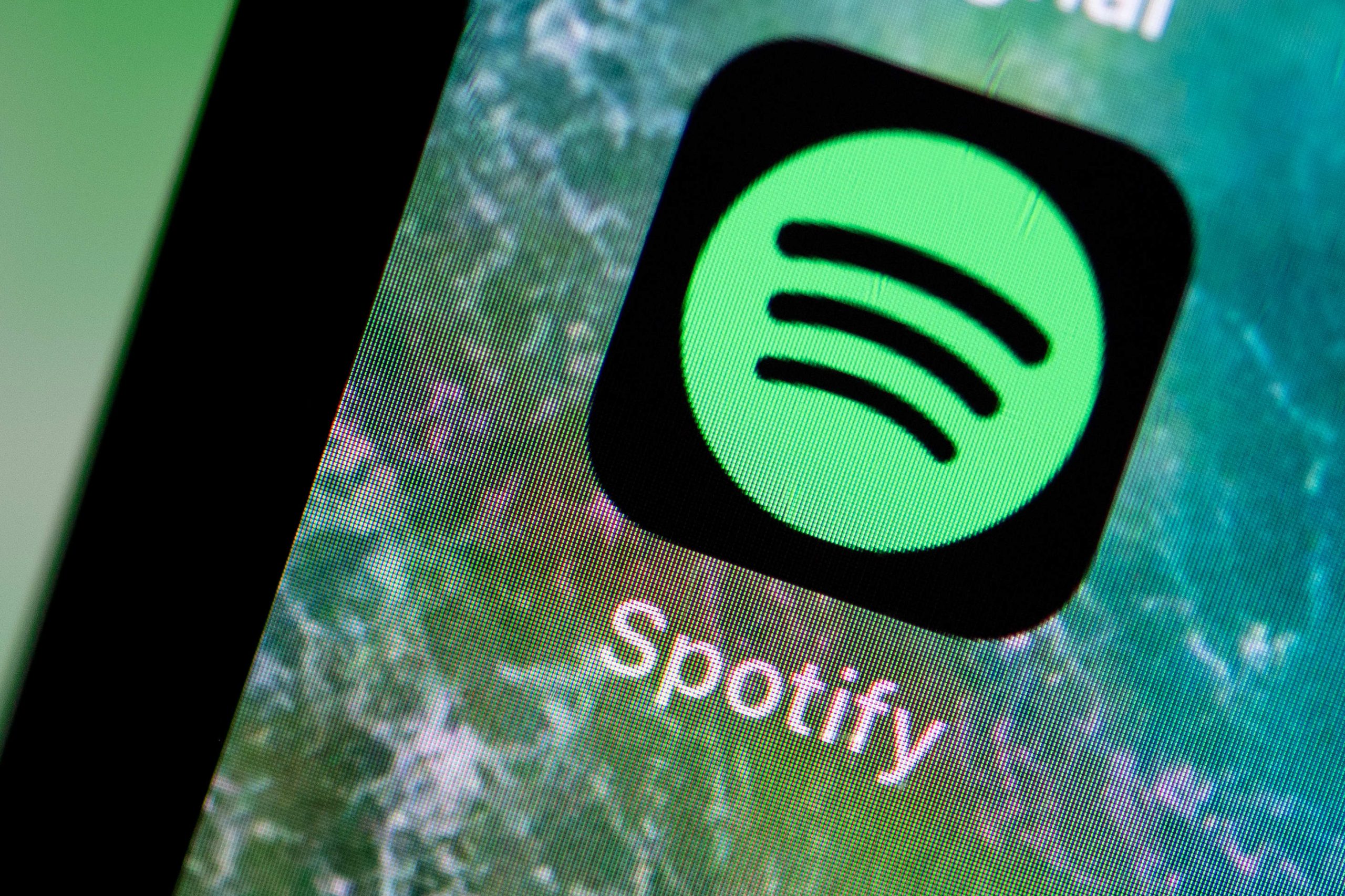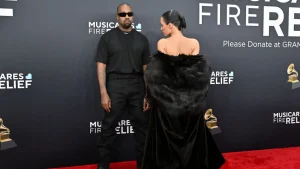
Major changes to Spotify’s streaming royalty structure are planned for early 2024 according to recent reports. The modifications aim to address issues with low streaming artists, background noise tracks, and fraudulent activity by certain labels and distributors.
Over the past few weeks, Spotify has been in discussions with the major record labels – Universal Music Group, Sony Music Entertainment, and Warner Music Group – as well as independent labels regarding adjusting their existing proportional payout model. The new system would introduce minimum streaming thresholds that benefit more established artists and rightsholders.

Some of the key changes under consideration by Spotify include: setting a baseline annual play count that a song needs to reach before generating royalties, penalizing distributors and labels found to have engaged in deception, and requiring non-musical ambient tracks to surpass a minimum runtime threshold to earn money. However, the exact benchmarks and penalty calculations remain undefined at this time.
While Spotify would require agreements from most industry partners to formally adopt the alterations, this does not necessitate completely new licensing deals. The adjustments can be specifically appended given the likelihood major labels prefer the terms since it advantages their higher streaming performers.

When asked to comment, a Spotify spokesperson stated they regularly evaluate better supporting artists and discuss integrity enhancements with partners, but had no announcements presently.
This move follows complaints from Universal Music Group CEO Lucian Grainge earlier this year about the need for a more “artist-centric” streaming model that rewards fan engagement and bars noise content from diluting royalties. Two of the three priorities he outlined are reflected in Spotify’s impending changes.

Similarly, Universal partnered with Deezer on an alternative royalty structure boosting popular artists while cracking down on fraud and replacing ambient tracks, though their version was more radical. In contrast to passive listening-focused Spotify, Deezer also emphasized actively searched artists. Spotify aims to roll out their adjusted model across all prominent labels and distributors globally.






